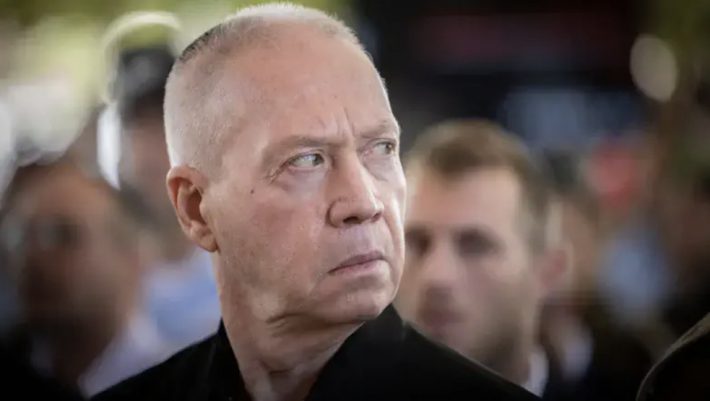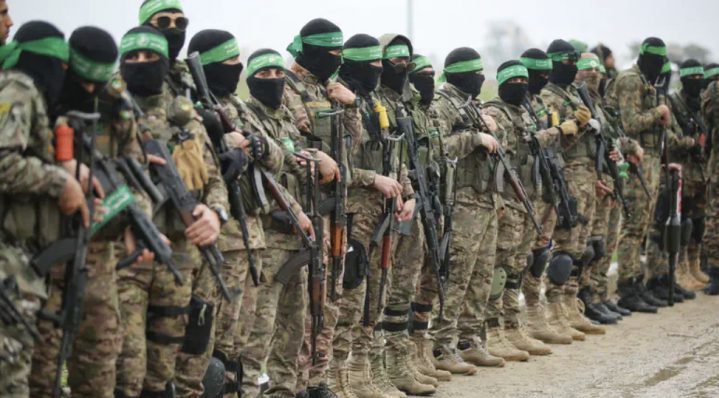Iran’s Supreme Leader Ayatollah Ali Khamenei condemned former Israeli Defense Minister Yoav Gallant’s open letter as manipulative propaganda, rejecting claims of Iran’s strategic collapse.
In a troubling sign of escalating regional rhetoric, Iran’s Supreme Leader Ayatollah Ali Khamenei issued a sharp rebuttal on Monday to an open letter penned by former Israeli Defense Minister Yoav Gallant, accusing Israel of conducting a psychological war rather than presenting military facts.
Published on Khamenei’s official website, the Iranian response portrayed Gallant’s July 9 letter as a calculated propaganda maneuver, claiming it was crafted to manipulate public opinion rather than reflect the realities of the battlefield.
“This is not a message of military truth, but a theatrical gesture designed to distort international perception,” the statement read, emphasizing that “the true conflict today is not confined to borders, but waged in minds, media, and global awareness.”
Gallant’s letter had issued a blistering critique of Iran’s regional strategy, calling the recent 12-day conflict in June 2025 a “strategic collapse” for the Islamic Republic. He asserted that Israel, alongside U.S. partners, had systematically dismantled Iran’s regional influence, a network built over four decades.
“We knew your schedules. Your sites. Your communications. Your conversations with your closest allies—most of whom are no longer with you,” Gallant wrote. He went further, warning that Iran’s nuclear ambitions now rested on a crumbling foundation, adding, “You cannot protect a nuclear program without credible military capabilities—capabilities that have already failed you.”
In a sweeping assessment, Gallant claimed:
- Hezbollah’s arsenal has been “buried with its commanders”
- Hamas is effectively “neutralized”
- Assad’s regime has fallen, with his successor rejecting Tehran’s path
- Gulf nations and Iraq now resist Iran’s influence rather than support it
He warned Tehran: “You can rebuild your proxies—but we will dismantle them in months, not decades.”
Despite the intensity of these accusations, Iran’s response avoided point-by-point rebuttals. Instead, officials dismissed the letter as a “last-ditch attempt to project Israeli strength amid growing instability and unrest.” They asserted that Iran’s resistance axis remains intact, and that the Islamic Republic still retains “strategic depth and regional support” to continue pursuing its vision.
The statement concluded ominously:
“Declaring victory through declarations and slogans may satisfy the Israeli public temporarily, but it cannot alter the realities on the ground.”
As tensions simmer, the exchange underscores the volatile nature of the post-conflict regional landscape, where narrative warfare is intensifying alongside conventional threats.





